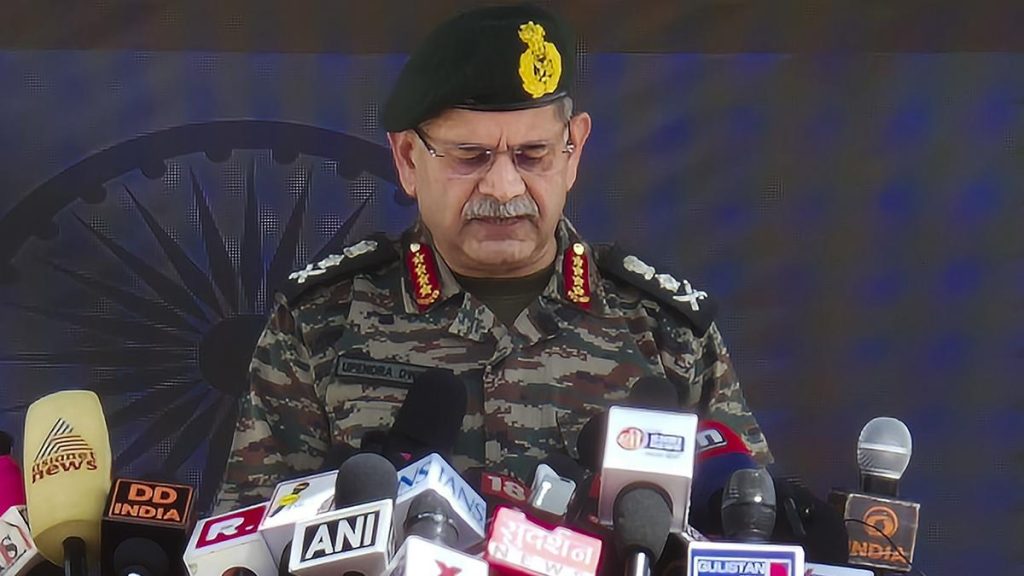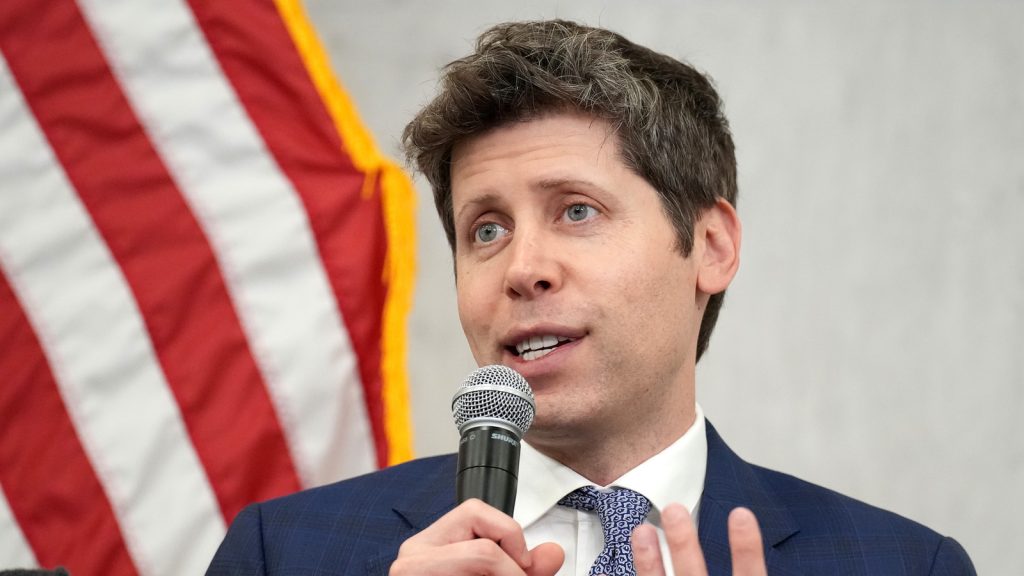Now Reading: Revolutionary Lung Cancer Therapy Boosts Immune Cells with Mitochondria
-
01
Revolutionary Lung Cancer Therapy Boosts Immune Cells with Mitochondria
Revolutionary Lung Cancer Therapy Boosts Immune Cells with Mitochondria

Swift Summary
- Lung cancer is teh leading cause of cancer-related deaths globally; non-small cell lung cancer (NSCLC) accounts for 85% of cases.
- Chemotherapy remains the primary treatment for advanced NSCLC but is limited by side effects, resistance, and immune system damage.
- Tumors can suppress immunity by hijacking immune cell mitochondria. Immunotherapy offers hope but does not work for many patients.
- Researchers from Tongji University and Nantong University developed an innovative treatment combining mitochondrial transplantation with cisplatin chemotherapy in NSCLC.
- Functional mitochondria from human cardiomyocytes were transplanted into tumor models to reenergize immune cells and enhance drug effectiveness.
- The therapy improved outcomes: greater sensitivity to cisplatin (IC50 reduction), tumor shrinkage, increased immune infiltration, restoration of mitochondrial activity in T cells/NK cells, and no increased toxicity observed in mice models.
- Metabolic reversal was noted within tumors: glycolysis downregulated while oxidative phosphorylation genes were upregulated (Warburg effect reversed). Key indicators like Ki67 (proliferation) and HIF1α/CD44/CD133 (stemness) showed suppression.
- Lead researcher Dr. Liuliu Yuan described this dual-action strategy as restoring immune function while weakening tumor defenses.
- With further refinement and clinical trials, mitochondrial transplantation could become a platform extending beyond lung cancer therapy.
Indian Opinion Analysis
The research on mitochondrial transplantation represents a promising leap forward in addressing one of the most challenging cancers-non-small cell lung cancer (NSCLC)-whose global burden parallels India’s rising incidence rates of respiratory issues due to pollution-linked factors like smoking or industrial exposure.
This innovation highlights significant strides toward integrative therapies that combine metabolic intervention with conventional treatments such as chemotherapy-offering hope in overcoming drug resistance while minimizing collateral damage to immunity systems during care regimens.For India, where advanced-stage diagnoses often limit options for recovery or response likelihood led-cost modern-surgery/treatment expenses-affordability remain at forefront




























